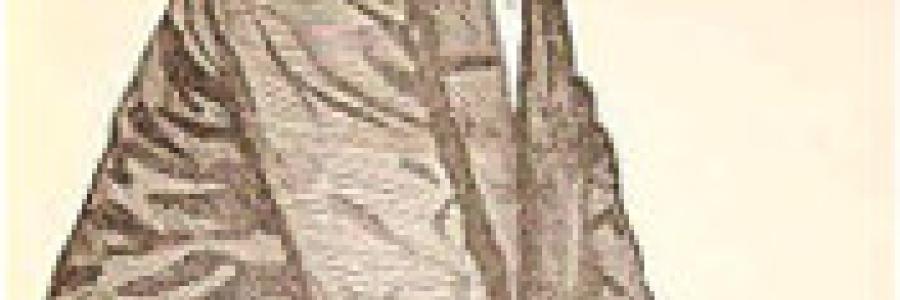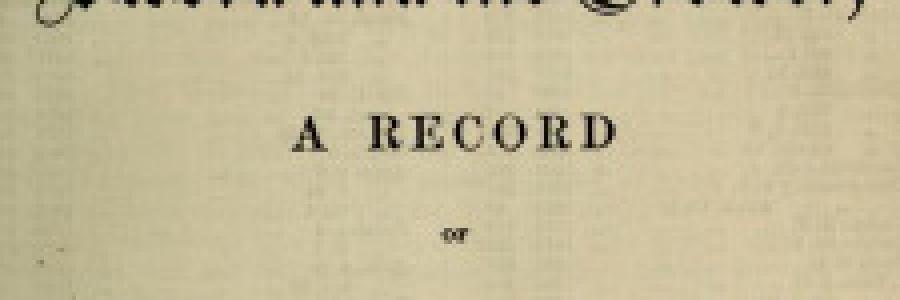Charles Spurgeon
Earnestness: Its Marring and Maintenance (Part 4)
Headings have been added. Read the series so far.
Physical Condition
Pardon my saying that the condition of your body must be attended to, especially in the matter of eating, for any measure of excess may injure your digestion and make you stupid when you should be fervent. From the memoir of Duncan Matheson I cull an anecdote which is much to the point:
Discussion
Earnestness: Its Marring and Maintenance (Part 1)
C.H. Spurgeon’s Lectures to My Students, Second Series, Lecture 8. (Editor’s note: Paragraph breaks have been added to ease reading.)
If I were asked—What in a Christian minister is the most essential quality for securing success in winning souls for Christ? I should reply, “earnestness”: and if I were asked a second or a third time, I should not vary the answer, for personal observation drives me to the conclusion that, as a rule, real success is proportionate to the preacher’s earnestness.
Discussion
Theology Thursday - Spurgeon on Anecdotes in Preaching
The following is an excerpt from Charles Spurgeon’s book, Lectures to My Students, about the propriety of using anecdotes in preaching:1
Discussion
Notes from the December 1887 Sword and Trowel
The very first thing must be to speak up for our orphans concerning their treat for Christmas. Just before leaving England we had boys and girls together, such a company, and we had a little treat; but we promised that, whether C. H. S. could be with them on Christmas-day or not, we would try and make it a glorious day for them. Will our friends again bedeck the tables of the fatherless on the day of universal joy? The friend who used to give a new shilling to every orphan is not now able to do it: for which we are truly sorry. Is there no other large heart endowed with a large purse?




Discussion